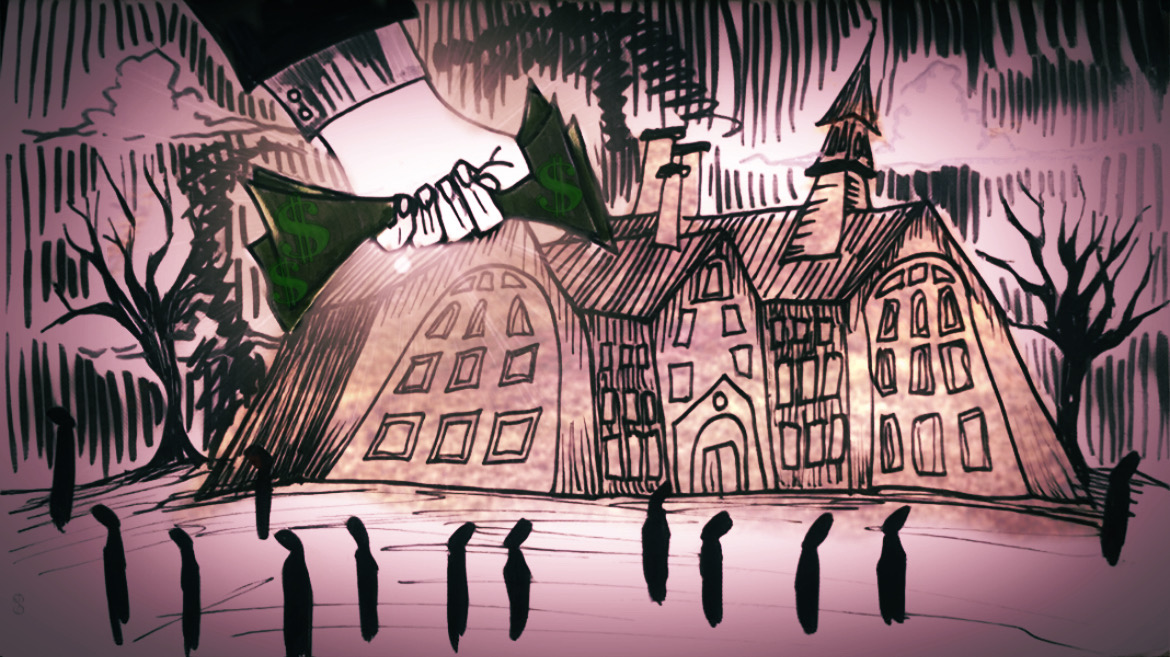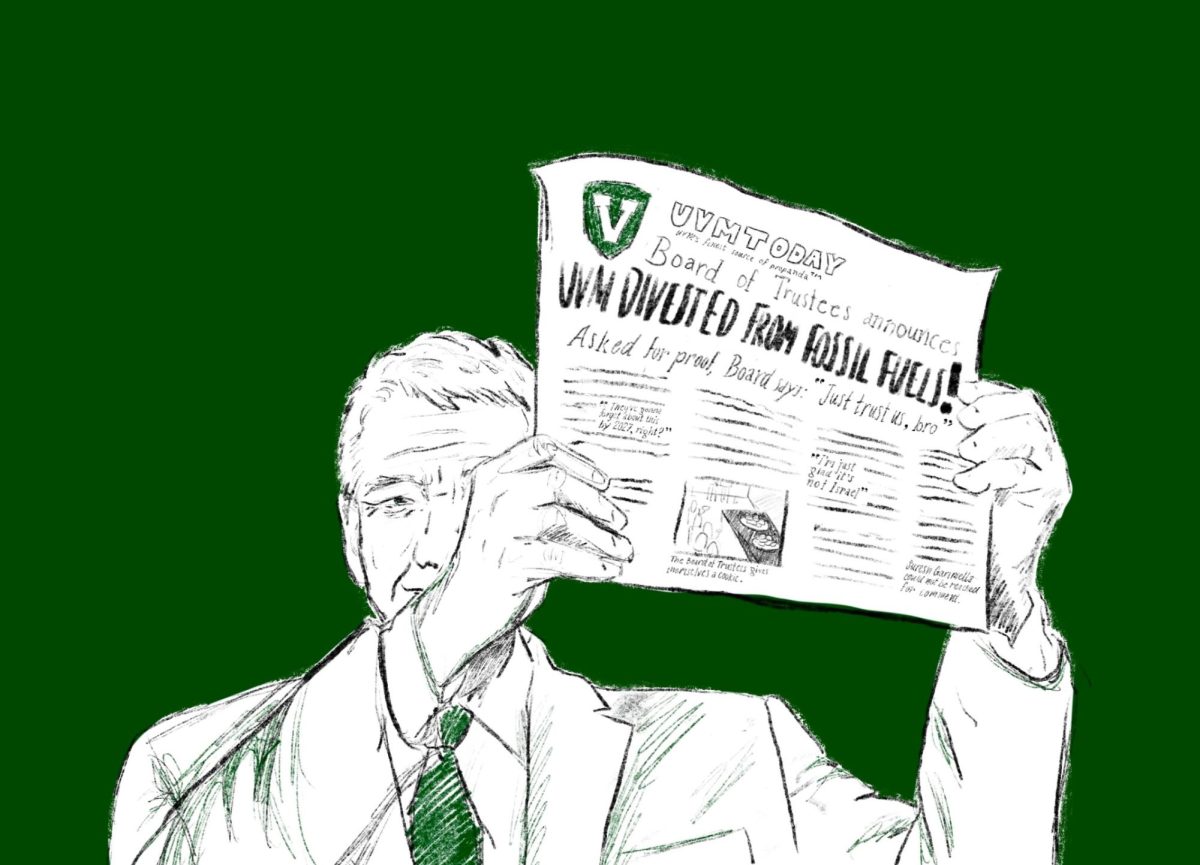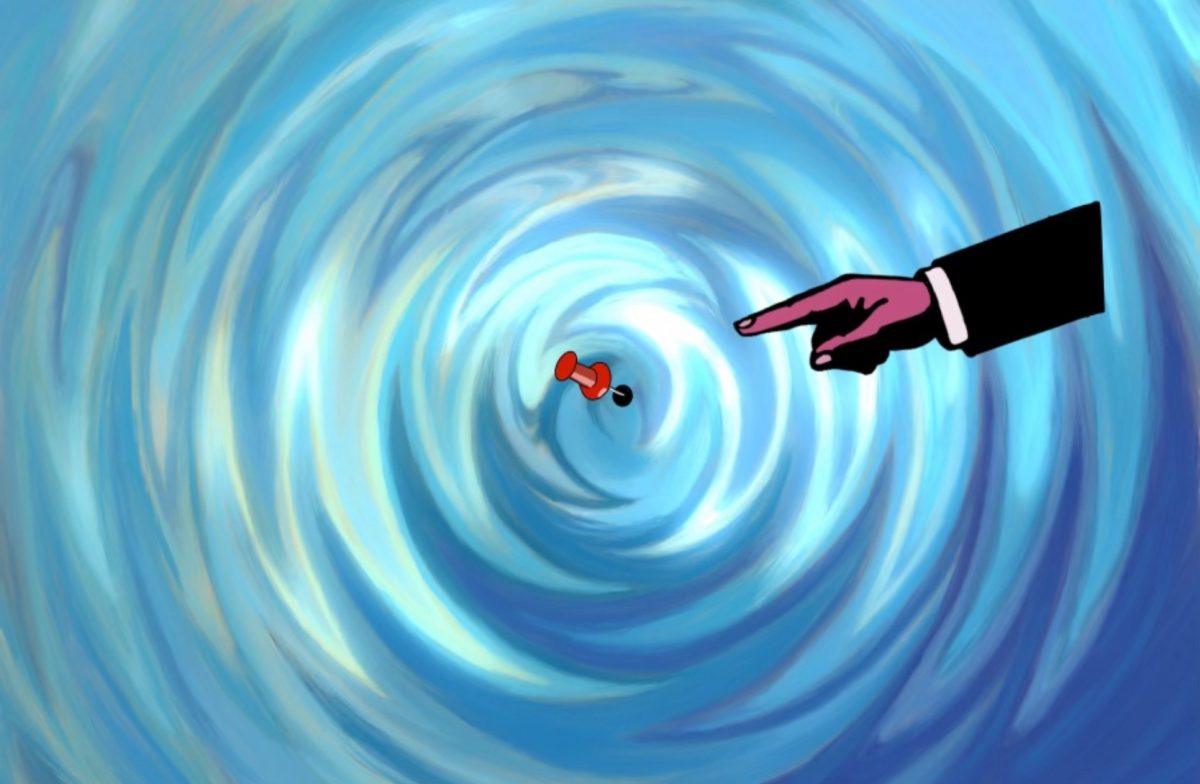So it turns out that healthcare reform is alive and kicking.First it was alive, then it was dead, then it was alive, then it was really dead. Now I guess it’s alive again. At this point I’ve started to mix up healthcare reform and the final season of “Lost.” One time I accidently called Mitch McConnell “the smoke monster.” No lie. All told, it’s been a frustrating year. And by the end of this week, it will all be over. Healthcare reform will be a reality or as dead as can be. For the former to happen, the Democrats have to use a special process called “reconciliation.” This frighteningly named procedure has produced waves of anger from the Republicans. It’s been called political suicide, an affront to the framers and a threat to democracy — sometimes all in one sentence. Well, here’s my own trifecta of thoughts on the issue — it’s fair, pass the bill and stop making it an issue. First of all, virtually all of the procedural complaints about reconciliation are unfounded. Reconciliation was created with the Congressional Budget Act of 1974 to streamline the budget process. Essentially, if a provision deals with revenue or spending — and only those — it can go to the floor with limited debate time, disabling the use of the filibuster. That means that 51 votes is all it would take to pass the changes that need to be made to the original bill.Remember, both chambers of Congress already passed versions of the bill. Reconciliation is being used — you guessed it — to reconcile them. Put that way, it’s a lot less harsh than the shoving-it-down-our-throats narrative the Republicans have been building. Also, bear in mind the history of the procedure. Sixteen bills have been passed using reconciliation. Eleven were signed by Republican presidents. But, of course, it’s never been used for important bills or bills without bipartisan support, right? Wrong and wrong.Clinton’s 1993 deficit reduction bill and Bush’s tax cuts were big, partisan and passed with reconciliation.There’s literally nothing legitimate to complain about.And while I’m sure Democrats are grateful to the Republicans for the electoral advice, there’s absolutely no reason to believe that using reconciliation will trouble voters.A recent Gallup poll asked respondents whether they support the bill, and whether they would support the bill if passed through reconciliation. There was a 3 percent loss of support with the procedure. Dilute that with the months before November, and you’re looking at an infinitesimal impact on elections. The sanctity-of-the-filibuster argument is equally ridiculous. The filibuster isn’t in the Constitution. It wasn’t thought up by the framers. It’s a part of the Senate standing rules. It’s a hiccup in the structure of our government. It’s been amended in the past and it, very simply, is not sacred.Democrats, stop complaining. Stop justifying yourselves. Pass the bill. Besides, you still have months to remind voters of your disorganization and impotence.Now isn’t the time.









![Can’t buy me [self] love](https://vtcynic.com/wp-content/uploads/2024/04/self-care-FINAL-1200x796.jpg)


